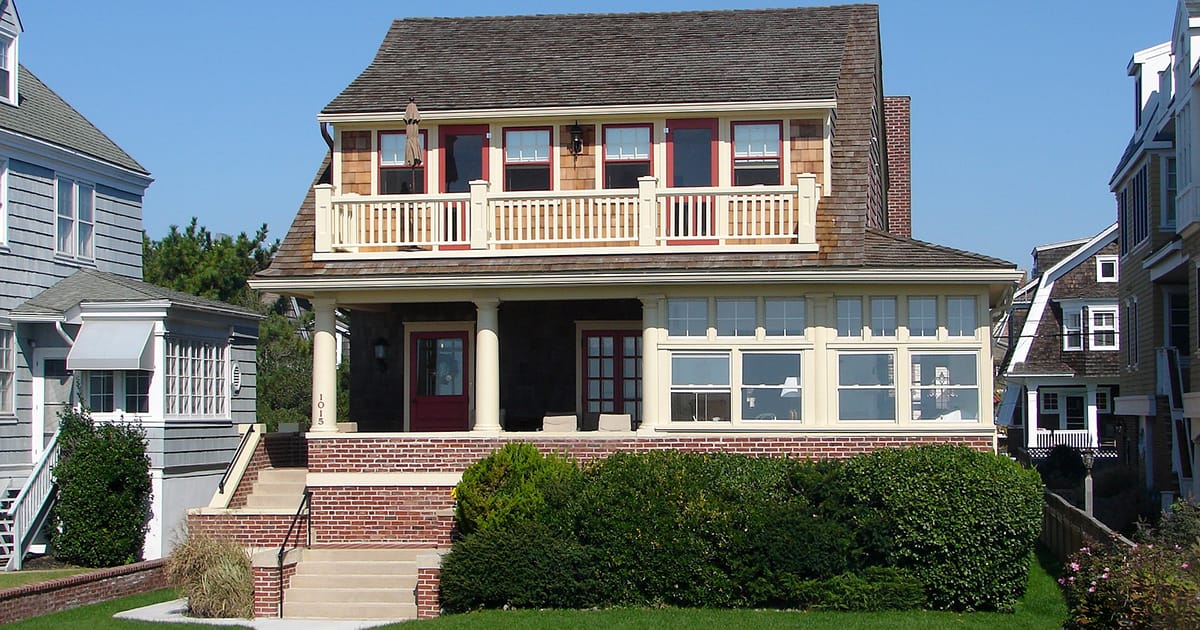

By: Lakeview Health
Sober Living Home or Halfway House? What’s the Difference?
By Michael Rass Some time ago, a Reddit user in recovery posted this request: “Hi friends! I’m hoping some of you might be able to help me. I’m trying to determine the differences between halfway, three-quarter, and sober houses. I’ve tried Googling, and it’s not helping.” While sober living houses are for people recovering from addiction, halfway house is a term also used for buildings housing convicts after their release from jail who need to readjust to living outside a penitentiary. To add to the confusion, the national umbrella organization National Alliance for Recovery Residences (NARR) prefers the term recovery residence for a transitory home supporting people in early recovery. “These terms are all pretty interchangeable,” says Lexie Leehan, an aftercare coordinator with Lakeview Health. “It’s not the name that matters but the quality of the care provided.” And that can vary—a lot! “Lakeview only works with sober living homes that have been carefully vetted,” says Leehan. “These residential facilities play an important part in recovery and Lakeview recommends staying at one to at least 70 percent of our patients.” Most sober living facilities provide a lot more than a living environment; many provide recovery methods and 12-Step programs. “They are typically run by a house manager and are places where people can go after residential treatment—in some cases, even people who didn’t go to rehab first—and where they can learn how to stay sober in a structured environment, “ says Leehan. To that end, it is crucial that operators of sober living homes value and respect each resident and put each individual’s recovery needs at the forefront of all decision making. NARR offers a code of ethics that affiliated homes and organizations should follow. Lakeview works with the local NARR affiliate Florida Association of Recovery Residences (FARR). “In Florida, we refer patients only to facilities with FARR accreditation,” explains Leehan. “In other states, our client service representatives help individuals find reputable programs.” Leehan knows from her own experience how important staying at a sober living home can be. The first time she went into recovery, she didn’t heed the recommendation of the treatment center to move into a sober living situation and went back home instead. She went out with friends and was exposed to too many triggers without proper support. Lexie relapsed but learned her lesson. After her second rehab, she did stay in a sober living home for a while and was able to continue her recovery successfully. A good halfway house can support a patient’s recovery in many different ways. Residents experience accountability in a structured environment. They get up at a certain time, eat a healthy breakfast, and interact with other sober people who support their recovery. “In this transitionary period, residents can work on getting a job and do all the other normal things that we fail to do when we’re using drugs and alcohol, and that’s very important,” says Leehan. Normally, that transition lasts between six months and a year. “Not everyone needs to stay at a sober living home after rehab, but aftercare is absolutely vital,” says Leehan. Despite its name, it doesn’t suddenly start after being discharged from Lakeview. The aftercare planning starts as soon as patients begin their residential treatment in Jacksonville. The team works with each patient to assess their personal goals for continuing their sobriety after they leave the structured environment of the rehab center. Very often, a sober living home is the appropriate transition into a full and independent recovery.



